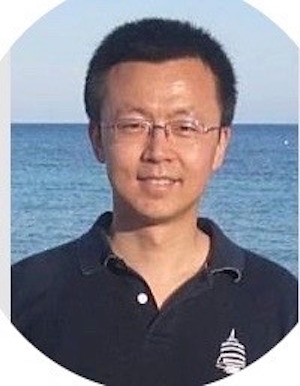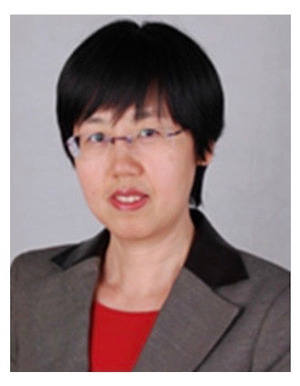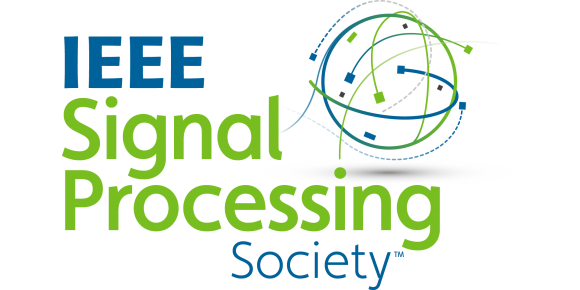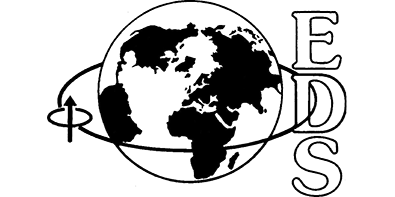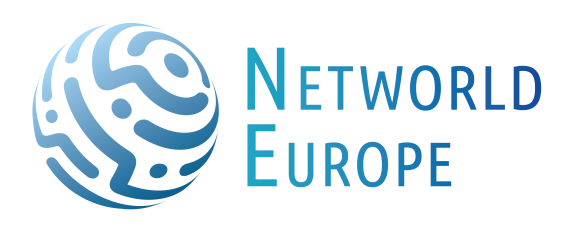1st Workshop on Backscatter Communication Security in Internet of Things Environment
Track ID: Work-06
Description
The Internet of Things (IoT) has been increasingly adopted into various aspects of our lives, including smart homes, wearables, healthcare, inventory management, energy management, and safety monitoring, due to advancements in wireless communication, sensor technology, and cloud computing. These advancements have led to lower costs for sensors and wireless transmissions, hence significantly contributing to the growth of IoT, which is expected to boost billions of connected devices. Despite its potential to revolutionize our lives, IoT faces critical challenges such as security, privacy, and power consumption that need to be well addressed to ensure its success. Backscatter communication (BC) is a wireless communication technology that enables the transfer of data without requiring a dedicated power source. Instead, BC allows a battery-free device to reflect a radio frequency (RF) signal (i.e., no need for transmitting a signal of its own) from an ambient wireless environment, making it suitable for low-cost and low-power IoT devices that require minimal maintenance. However, due to the energy, signal processing, and computing power constraints in IoT and backscatter devices, BC is vulnerable to various security threats such as authentication attacks, privacy breaches, interference, denial-of-service (DoS) attacks, etc. Thus, finding security solutions for BC is highly essential in IoT applications. This workshop seeks theoretical, mathematical, and experimental contributions to BC security in the context of IoT. It aims to explore the latest developments, techniques, and solutions to address the security concerns associated with BC and its integration with IoT devices and networks.
Call For Papers
The IEEE 9th World Forum on the Internet of Things (IEEE WF-IoT2023) invites submissions for a workshop on Backscatter Communication Security in IoT Environment. The goal of this workshop is to bring together researchers and practitioners from academia and industry to discuss recent advances and challenges in securing BC in the context of IoT. BC is a promising approach for enabling low-power/low-cost communication in IoT networks. It allows devices to transmit data without requiring a power source, by reflecting modulated RF signals to their intended receivers. However, the security implications of backscatter communication have not been thoroughly explored. As such, this workshop aims to bring together researchers and practitioners to discuss and explore the security challenges and solutions in BC for IoT networks. The deadline for paper submissions will be June 18th, 2023.
Our topics of interest include but are not limited to:
- Authentication, authorization, and access control for backscatter devices in IoT
- Data privacy and protection in backscatter-based IoT
- DoS attacks and preventive measures in backscatter-based IoT
- Spoofing attacks and preventive measures in backscatter-based IoT
- Key management and secure communication protocols for backscatter-based IoT
- Physical-layer security in backscatter-based IoT
- Intrusion detection and prevention for BC in IoT network
- Threat modeling and risk assessment for BC in IoT
- Compliance and legal issues of backscatter-based IoT
- Novel signal processing for backscatter’s security
- Secure waveform design for BC in IoT
- Secrecy performance evaluation for backscatter-based IoT
- Secure applications for backscatter-based IoT
- Secure routing in backscatter-based IoT networks
- Secure localization and tracking in backscatter-based IoT
- AI-based security techniques to enhance the security of BC in IoT devices and networks
- Standardization and regulation of BC security in IoT environments
- Secure integration of BC with other IoT technologies
- Real-world case studies, experiments, and demonstrations of secure BC in IoT
Tentative List of Program Committee Members
- Dr. Zhao Li, Xidian University, China
- Dr. Masoud Kaveh Aalto University, Finland
- Kai Zeng, George Mason University, USA
- Jiajun Li, Xidian University, China
- Yishan Yang, Xidian University, China
- Ning Wang, Chongqing University, China
- Mingjun Wang, Xidian University, China
- Farshad Rostami Ghadi, Universidad de Malaga, Spain
- Pu Wang, Academy of Science of China, China
- Wei Feng, Xi’an Jiaotong University, China
- Diego Martín De Andres, Universidad Politécnica de Madrid, Spain
Paper Submission Deadline
Important Dates:
- Deadline for Paper Submissions: July 30th, 2023
- Acceptance Notification: September 8th, 2023
- Deadline for Camera-Ready Paper Submissions: September 29th, 2023
- Deadline for Presentation Submissions: October 2nd, 2023
Papers should be six (6) pages in length and follow the instruction provided for the main Conference. The conference allows up to two additional pages for a maximum length of eight (8) pages with payment of extra page charges once the paper has been accepted.
Please submit your paper for this Workshop using the link to eWorks:
Call For Papers:
If you have any questions, please contact Dr. Masoud Kaveh: masoud.kaveh@aalto.fi
Chairs
Masoud Kaveh: Aalto University
Dr. Masoud Kaveh is a postdoctoral researcher with the Department of Information and Communication Engineering, at Aalto University, Espoo, Finland. He obtained his Ph.D. degree from the Department of Electrical Engineering, Iran University of Science and Technology in 2021. He was a visiting scholar at the Technical University of Madrid in 2020, with the Telecommunication Department. His research interests include physical layer security, backscatter communication, reconfigurable intelligent surfaces, physical unclonable functions, FPGA design, cryptographic protocols, and machine learning.
Zhao Li: Xidian University
Dr. Zhao Li (Member, IEEE) received a B.S. degree in telecommunications engineering and M.S. and Ph.D. degrees in communication and information systems from Xidian University, Xi’an, China, in 2003, 2006, and 2010, respectively. He worked as a Visiting Scholar and then Research Scientist with the Real-Time Computing Laboratory, Department of Electrical Engineering and Computer Science, University of Michigan, from 2013 to 2015. He is currently an Associate Professor at the School of Cyber Engineering, Xidian University. He has published over 40 technical articles at premium international journals and conferences, such as IEEE INTERNET OF THINGS JOURNAL, IEEE TRANSACTIONS ON WIRELESS COMMUNICATIONS (TWC), IEEE INFOCOM, IEEE TRANSACTIONS ON VEHICULAR TECHNOLOGY (TVT), Computer Communications, Computer Networks, and Wireless Networks. His research interests include 5G communication systems, resource allocation, interference management, the IoT, and physical-layer security.
Zheng Yan: Xidian University
Prof. Zheng Yan (Senior Member, IEEE) received the D.Sc. degree in technology from the Helsinki University of Technology, Espoo, Finland, in 2007. She is currently a Full Professor at the School of Cyber Engineering, Xidian University, Xi’an, China. Her research interests are in trust, security, privacy, and security-related data analytics. Dr. Yan was a recipient of several awards including the N2 Women: Stars in Computer Networking and Communications, the Nokia Distinguished Inventor Award, the IEEE TCSC Award for Excellence in Scalable Computing, the Aalto ELEC Impact Award, the Best Journal Paper Award issued by IEEE Communication Society Technical Committee on Big Data, and the Outstanding Associate Editor of 2017 and 2018 for IEEE ACCESS. She is an Area Editor or an Associate Editor of IEEE INTERNET OF THINGS JOURNAL, Information Fusion, IEEE NETWORK, and Information Sciences. She served as the General Chair or Program Chair for numerous international conferences, including IEEE TrustCom 2015 and IFIP Networking 2021. She is a Founding Steering Committee Co-Chair of IEEE Blockchain Conference.
Riku Jäntti: Aalto University
Prof. Riku Jäntti (Senior Member, IEEE) received the M.Sc. (tech.) degree (with distinction) in electrical engineering in 1997 and D.Sc. (tech.) degree (with distinction) in automation and systems technology in 2001, both from Helsinki University of Technology (TKK), Espoo, Finland. Until 2006, he was a pro tempore Professor at the Department of Computer Science, University of Vaasa, Vaasa, Finland. He is currently a Full Professor of Communications Engineering and the Head of the Department of Communications and Networking at the School of Electrical Engineering, Aalto University, Finland. Prof. Jäntti is an associate editor of IEEE TRANSACTIONS ON COGNITIVE COMMUNICATIONS AND NETWORKING. The research interests of Prof. Jäntti include radio resource control and optimization for machine-type communications, cloud-based radio access networks, radio frequency inference, ambient backscatter communication, and quantum communications.




